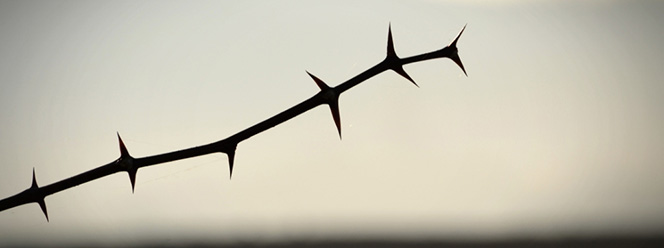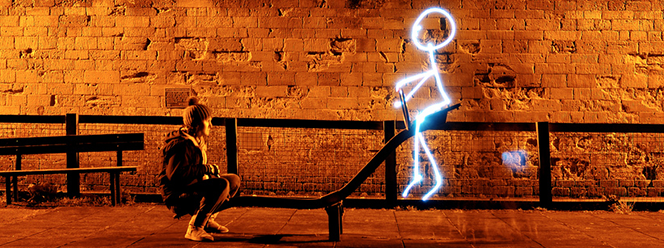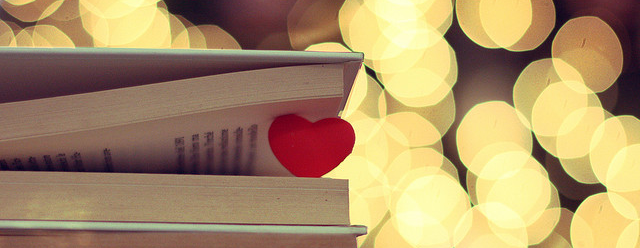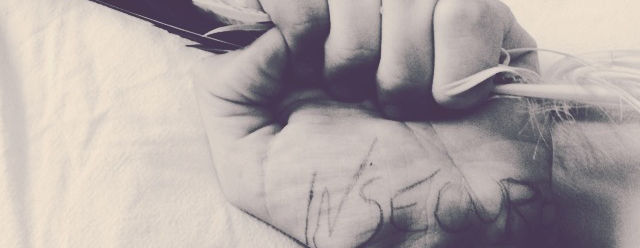
by Tara Joyce | Nov 11, 2016 | Cultural Creativity

Who was it that decided
It was cool to be cruel?
Who was it that instructed you
To cover up your envy.
With cutting words
Used to feel oh so clever.
Holding your balance
On the pedestal you’ve precariously perched on.
Hoping to tower over
Your item of envy.
They need to be smaller
Small, like you feel when you’re around them.
Small, like you feel.
When you forget how beautiful you are
You can be so very ugly.
Your cutting words
Will never leave you feeling valued.
Self-satisfied
Masturbated, perhaps.
Your ego safely tucked
Behind your manufactured cool.
Maybe they won’t notice
How insecure you are.
You’re more beautiful
Than you act.
It’s a shame
You don’t know.
How your envy leaves you exposed
To what’s behind your performance.
You’re caught up in comparison
And your need to control.
How insecure you are
You’re trying to feel better.
Looking at everyone else
You never see the best in you.
Never getting that your beauty
Isn’t forced into production.
It’s yours
Naturally.
Clever and cool are words
That do not express.
An opportunity for love wasted
Beauty masked.
photo credit: Dori

by Tara Joyce | Jun 10, 2016 | Cultural Creativity, Personal Branding

It’s an endless quest to be good enough in another person’s eyes. Not facing our own thoughts and feelings, we measure our self using the eyes of another. Unable to acknowledge it’s really our own perception of self that we use as the measure—not theirs.
It takes practice to feel good and whole as we are. Sometimes, rather than doing this, we buy clothes and things, chase and stockpile money, and do what we can to be “better” than others. In comparison, we find our worth.
Rather than question and/or remove ourselves from the mindsets and situations that exert and encourage this dance of superiority/inferiority, we can find ourselves feeding into it and trying to puff ourselves up in order to match it—and even beat it. In our armour of clothes, hair, beautiful things, and pomp we are elevated and protected.
A culture of buying into the need to feel superior (and invariably, inferior) to others. A collective experience encouraging us and teaching us all to feel so very insecure.
Repeatedly pushed and pulled to feel inferior and superior, internally and externally, this wild see-saw of emotion is crazy-making. In our totality, we are no better nor worse, yet we each have qualities that make us “better” than another. It’s focusing on these qualities that gets us caught on the see-saw. Feeling superior ultimately leads to feeling inferior. And vice versa. The pendulum keeps swinging, the see-saw rises and falls.
How do we know what is impressive to another? Thinking what impresses us is what impresses everyone leaves us in fantasy, believing everyone is like us. And they are not. Acknowledging our fantastical expectations, we are pulled by them less by them—and we’re less likely to push them on others, keeping ourselves on the see-saw.
We are neither as perfect nor as terrible as we imagine ourselves (and others) to be. Accepting this frees us from the push and pull to be “the best.” Equanimity actively dissolve the illusion surrounding us.
For our own happiness, we need to own the places where we compete and compare, where we feel inferior and superior to others. It’s so very okay that we ride the see-saw. It’s so very okay we measure our self against others. Owning this, we make the see-saw an easier ride for all of us. Now, the pendulum has less space to swing, and the ride becomes less wild. For the moment, in our truth, we are each good enough.
photo credit: Mike Leary

by Tara Joyce | Dec 19, 2014 | Cultural Creativity

We share stories to share our voice and our perspective in a way we feel will be emotionally impactful. We craft our stories in a particular way, changing them each time we tell them. We craft them from our experience and imagination, and the beautifully unique way we each perceive our world. They’re not the truth, nor our truth. They are our stories.
It’s not even the whole story that we get the privilege of hearing or sharing with each other when we’re storytelling. It’s only a glimpse that we can see, and/or show in our moment of connection together. It might sound like the complete story I’m sharing but please believe me, it’s only part of a greater whole. The truth, my truth, is far more nuanced and complex than my story can share.
If our stories were our truth, we might call them that.
I love stories… but I don’t put a lot of energy into them. My stories and the stories of others are here to entertain, to persuade, to educate but to take them as “the truth” or to hold my own experiences up to them in comparison, is a game I’d rather not play.
I’d rather work on treating stories lightly, for my own health and happiness. They are not “the truth”, nor “my truth”. Our stories are a reflection of us and our own unique way of perceiving things. They’re our version of events. They’re our tools for connection, for empathy and for identity. They’re integral to us but they are not, and can not, be all that we are. We are so much more than our stories.
photo credit: Alessandra Di Nunno

by Tara Joyce | Sep 12, 2014 | Cultural Creativity

Do you notice the way it feels to leave the world you’ve worked so hard to create — here and now — for some idea of who you think you should be?
In those moments, what is it that you’re grasping for? Do you feel overwhelmed by a desire to be more, to do more, to have more? I know I do.
When we’re feeling less than, we’re in the midst of a painful conflict between being more and being who we are. It’s only in returning to the present moment and ourselves that we again trust in our innate ability to be grounded. Simply no larger or smaller than we naturally are.
photo credit: Sagisen








